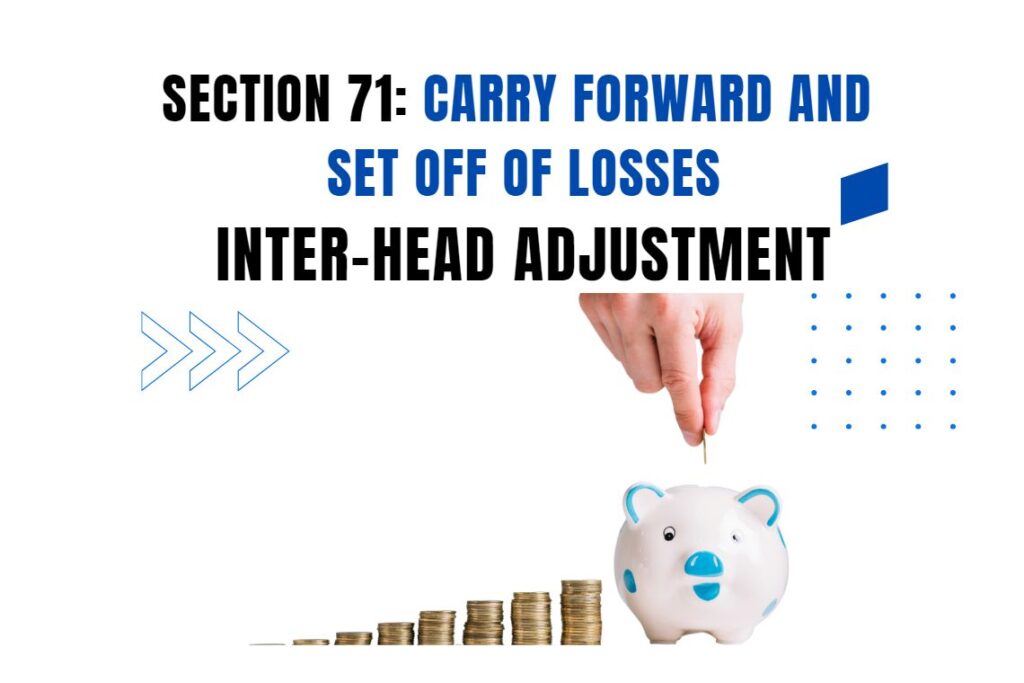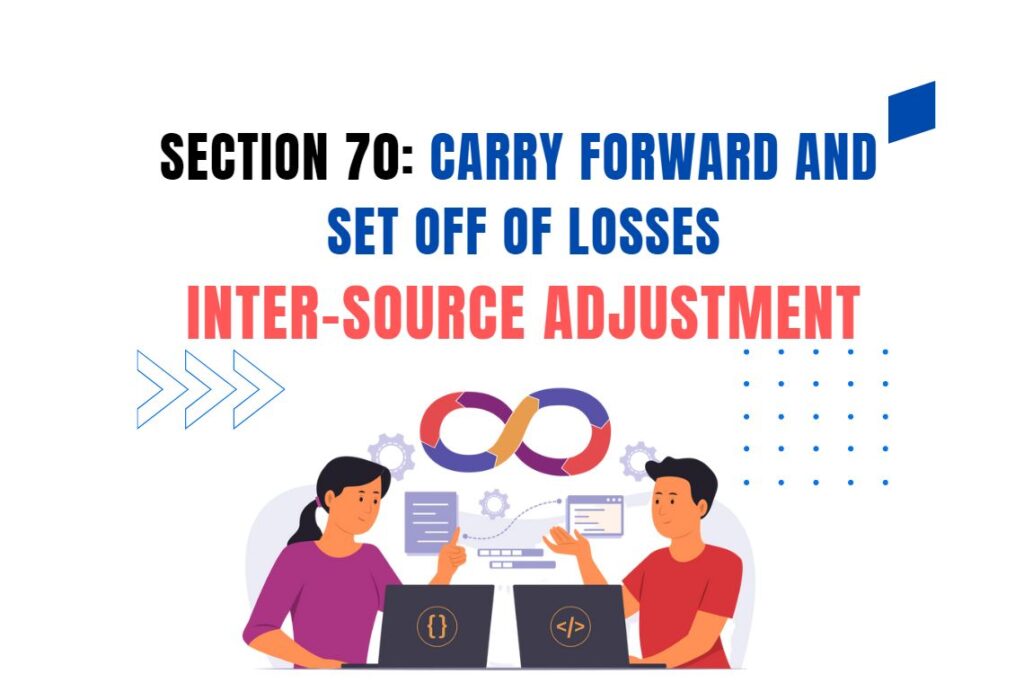Section 79 of the Income Tax Act, 1961, imposes strict restrictions on the carry-forward and set-off of losses in closely-held companies (private companies) when there is a change in shareholding. Here’s a detailed breakdown:
1. Applicability of Section 79
- Applies only to closely-held companies(private limited companies).
- Does not apply to:
- Public limited companies listed on a recognized stock exchange.
- Government-owned companies.
- Startups (subject to conditions under Section 80-IAC).
2. Key Restriction: Change in Shareholding
- If 51% or more of the voting powershifts from the original shareholders to new shareholders, the company loses the right to carry forward and set off losses incurred before the change.
- Exception: If the same business continuesand the change is due to death, gift, or inheritance, losses can still be carried forward.
Example:
- Company Xhas accumulated losses of ₹50 lakh.
- If 60% sharesare sold to new investors, the losses cannot be carried forward.
- If only 40% shareschange hands, losses remain eligible for set-off.
3. Conditions for Loss Carry Forward
To retain the benefit of carried-forward losses, the company must ensure:
- Same Business Continuity: The company must continue the same businessin which the loss was incurred.
- 51% Shareholding Test: The majority of voting power must remain with the same shareholders(directly or indirectly).
- No Tax Avoidance Motive: The change in ownership should not be primarily for tax benefit purposes.
4. Exceptions Where Losses Can Still Be Carried Forward
- Death of a shareholder(inheritance by legal heirs).
- Gift to relatives(as defined under Section 56(2)).
- Amalgamation/demerger(covered under Section 72A instead).
- Subsidiary-to-holding company transfers(if ownership remains within the group).
5. Judicial Interpretations
- CIT vs. Concord Pharmaceuticals Ltd. (2009): Losses allowed despite share transfer, as the same business continued.
- Bombay High Court Ruling: If commercial purpose(not just tax benefit) drives share transfers, Section 79 restrictions may not apply.
6. Practical Implications
- Mergers & Acquisitions: Companies must structure deals carefullyto avoid triggering Section 79.
- Startups & Investors: If a startup raises funding and crosses the 51% shareholding change, past losses may lapse.
- Tax Planning: Companies should document business continuityto defend against IT scrutiny.
7. Comparison with Public Companies
| ASPECT | PRIVATE COMPANIES (SEC 79) | PUBLIC LISTED COMPANIES |
| Loss Carry Forward | Restricted if 51%+ shares change | No such restriction |
| Same Business Rule | Must continue same business | No strict requirement |
| Exceptions | Death, inheritance, gift | Not applicable |






